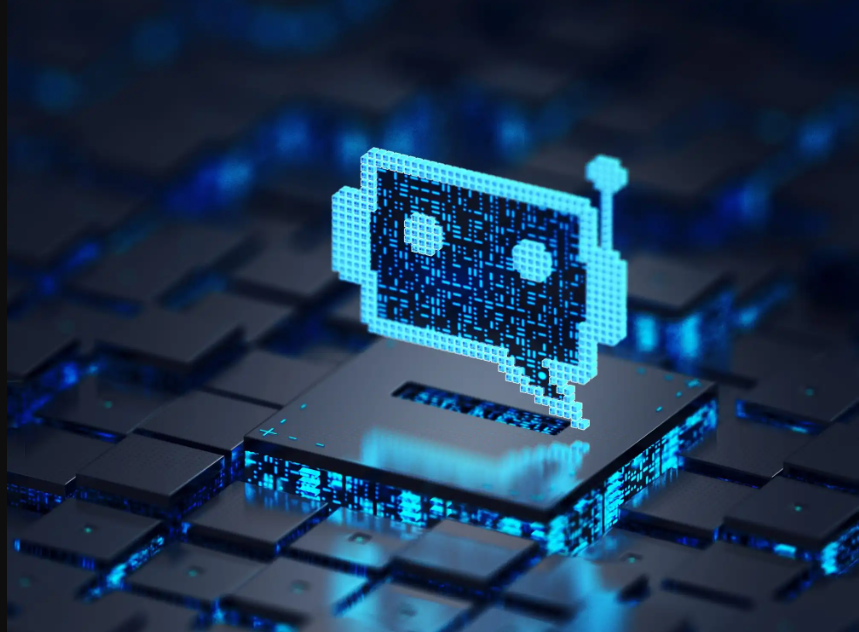In today’s digital age, Character AI has become extremely popular. From creating AI friends to having deep conversations with fictional characters, people of all ages are enjoying this tool. But with all this fun comes a serious question: Is Character AI really safe?
In this article, we’ll explore everything you need to know about the safety of Character AI, how it works, what risks are involved, and how to protect yourself.
What Is Character AI?
Character AI is an online platform that uses artificial intelligence to simulate conversations with fictional or user-created characters. Users can interact with these characters like they would with a real person. You can create a character or choose from thousands already available.
It’s often used for:
- Entertainment and roleplay
- Writing support
- Emotional support
- Practicing conversations
- Learning languages
While it sounds fun and futuristic, the question of privacy and mental health is becoming increasingly important.
Why Are People Using Character AI So Much?

The appeal lies in how realistic and emotionally intelligent these characters seem. Many people find it easier to open up to AI than to real humans. Some use it for therapy-like conversations. Others enjoy fictional roleplay or just want a friend.
But this emotional connection can also become a double-edged sword. Users might start depending too much on the platform.
Is Character AI Safe for Children and Teens?
Many young users are drawn to Character AI for roleplay and fun. However, the platform is not recommended for users under 18, as conversations can sometimes turn inappropriate depending on how the characters are created or how users interact with them.
Risks for minors include:
- Exposure to adult content
- Emotional dependency
- Inappropriate roleplay scenarios
- Lack of real-world interaction
If children or teens are using the app, parental supervision is highly recommended.
Does Character AI Collect Your Data?
Character AI clearly states in its privacy policy that it collects some information, including:
- Conversation logs
- User behavior (like what characters you interact with)
- IP address and device information
While they use this data to improve the platform, users should be aware that their chats are not completely private.
This means you should avoid sharing personal information like:
- Real name
- Address
- Contact numbers
- Passwords
- Financial details
Are Conversations Really Confidential?

No, not entirely. The platform may review conversations to moderate or improve the AI. While it’s not like someone is watching your every message, there is no guarantee of 100% confidentiality.
If you are looking for truly private AI interactions, this might not be the right platform.
Can Character AI Become Emotionally Addictive?
Yes, emotional overdependence on Character AI is a real risk. Since the characters seem caring, understanding, and always available, users might start relying on them more than real relationships.
Signs of emotional addiction may include:
- Spending several hours daily on the app
- Feeling attached to a specific AI character
- Preferring AI conversations over talking to real people
- Mood swings when away from the app
In such cases, it’s important to take breaks and reflect on your usage habits.
What About Inappropriate Content or Behavior?
Although Character AI tries to filter harmful content, the system isn’t perfect. Characters may still say things that are:
- Suggestive or sexual
- Rude or offensive
- Emotionally manipulative
Moreover, because characters are partly shaped by user inputs, there’s always a chance of roleplays going too far.
The platform does allow reporting inappropriate content, and users are encouraged to use this feature when needed.
How to Use Character AI Safely
If you enjoy Character AI but want to use it responsibly, follow these safety tips:
1. Don’t Share Personal Information
Treat Character AI like a public space. Even if the conversation feels private, it’s not secure.
2. Set Time Limits
Spending too much time online can affect your mental and physical health. Stick to short sessions.
3. Don’t Rely on It for Emotional Support
Character AI is not a therapist. If you’re struggling emotionally, talk to a real person.
4. Use Safe Characters Only
Choose verified or highly-rated characters. Avoid ones that encourage harmful behavior.
5. Check Your Emotional Connection
Ask yourself: Am I feeling too attached to this character? If yes, take a step back.
Character AI vs Other AI Chatbots: Is It Riskier?

Compared to other AI chat tools like ChatGPT, Replika, or Bing AI, Character AI is more focused on personal and emotional conversations. This makes it more immersive—but also more risky when boundaries blur.
Other tools might be safer for:
- Homework help
- Coding
- Research
- Basic Q&A
But Character AI appeals to users looking for companionship, which introduces emotional risks.
Is Character AI Moderated?
Yes, but moderation has limits. There are automated filters in place, and users can report offensive or dangerous interactions. However, due to the volume of content, not every conversation is monitored in real-time.
What Does Character AI Say About Safety?
The platform itself discourages explicit or harmful content and claims to work on improving safety. They also regularly update policies and filters. Still, user awareness is key. They cannot stop every unsafe interaction automatically.
Does Character AI Promote Healthy Behavior?
In most cases, yes. The characters are designed to:
- Be respectful
- Avoid violence or hatred
- Offer encouraging responses
But again, much depends on how users interact and what kind of characters are involved.
Character AI and Mental Health
Some people claim that Character AI helped them during lonely times or provided a safe space to talk. That’s a valid use case. But it’s not a replacement for professional mental health support.
If you’re feeling low, consider reaching out to:
- Therapists
- Support groups
- Mental health apps like BetterHelp or Talkspace
People Also Ask
1. Is Character AI really private?
No, your chats are stored and may be reviewed to improve the service. Avoid sharing personal details.
2. Can Character AI replace real friends?
No. While it can feel real, it lacks true human emotions, presence, and understanding.
3. Is Character AI good for kids?
Not recommended. The platform is for 18+ users and may expose minors to inappropriate content.
4. Is there a paid version of Character AI?
Yes, there’s a premium version with extra features like faster responses and early access to tools.
5. Can I delete my chat history on Character AI?
Currently, you can delete individual chats, but Character AI may retain some conversation data.
Conclusion: Should You Trust Character AI?
Character AI can be a fun and creative tool—but like any AI, it has its limits and risks. It’s not a human, not a therapist, and not a completely private space. While the platform works to ensure safety, users must also take responsibility for how they use it.
Use it mindfully. Avoid oversharing. Take breaks. And always remember: Real life and real people matter more than virtual characters.

